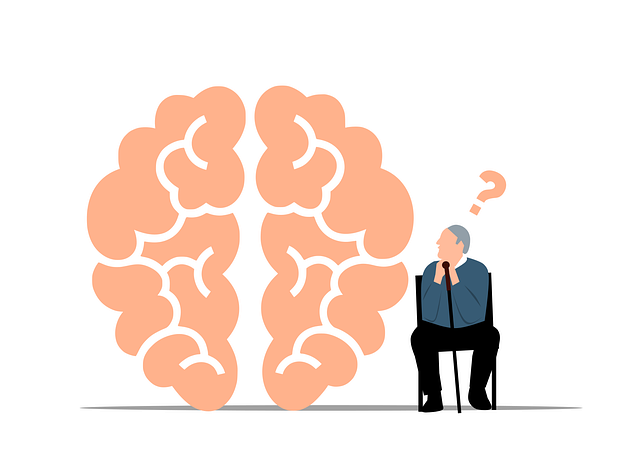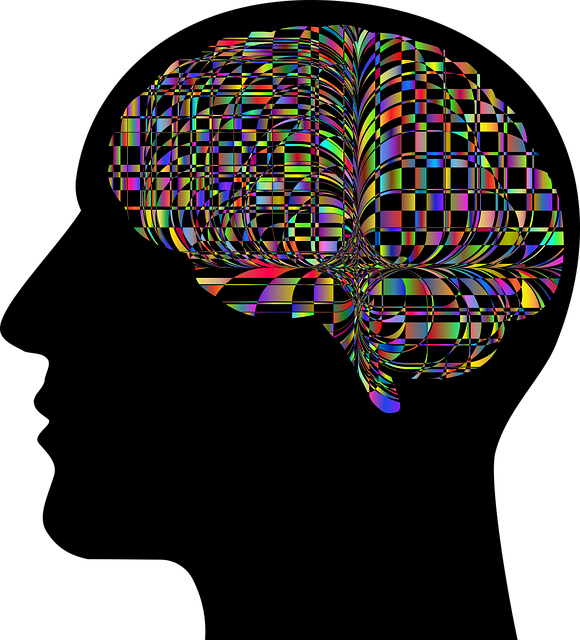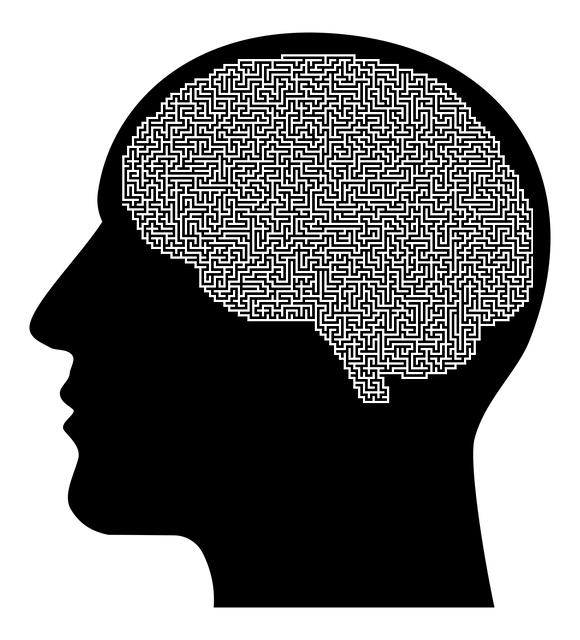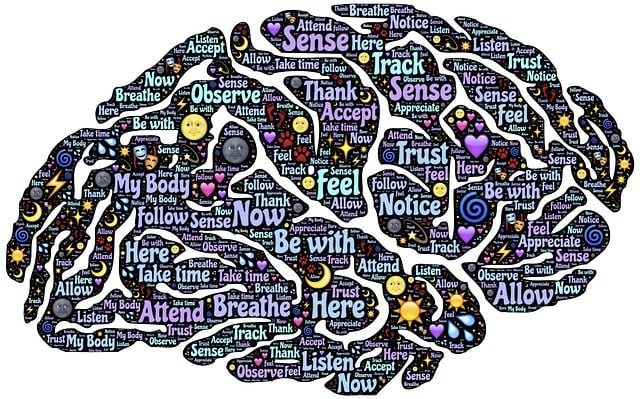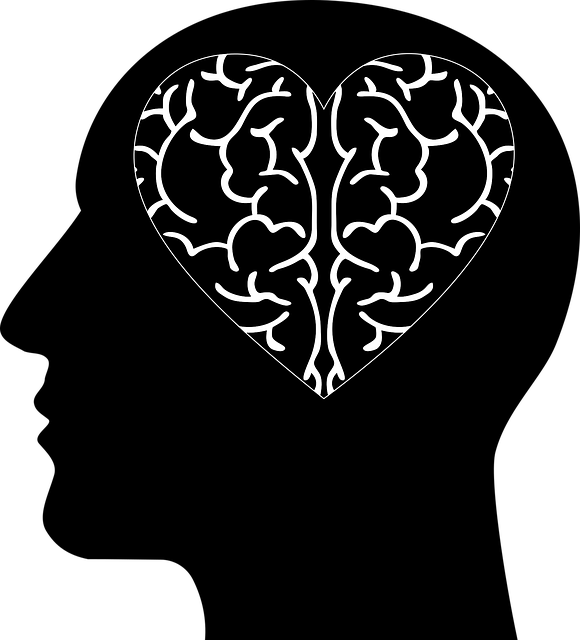Loss, grief, and bereavement profoundly affect emotional and mental well-being, making specialized counseling crucial. Lakewood Chronic Pain Therapy offers tailored support through workshops focusing on resilience building, stress management, conflict resolution, and safe emotional expression. The goal is to help individuals develop healthy coping mechanisms, enhanced emotional strength, and renewed purpose after significant loss, empowering them to manage chronic pain too. Through open dialogue, conflict resolution techniques, mindfulness practices, and cognitive-behavioral approaches, therapists guide clients towards healing and acceptance, fostering holistic growth and resilience.
Loss, grief, and bereavement counseling are vital components of healing after a profound sense of loss. This article delves into the human experience of these complex emotions, highlighting the crucial role of therapy in navigating difficult periods post-loss. We explore effective strategies and techniques used in bereavement therapy, emphasizing the holistic approach adopted by Lakewood Chronic Pain Therapy to support grieving individuals. Through understanding these processes, we can better appreciate the sensitivity required when addressing loss and its impact on mental health.
- Understanding Loss, Grief, and Bereavement: A Sensitivity to Human Experience
- The Role of Counseling in Navigating Difficulties After Loss
- Strategies and Techniques Employed in Effective Bereavement Therapy
- Lakewood Chronic Pain Therapy: A Holistic Approach to Supporting Grieving Individuals
Understanding Loss, Grief, and Bereavement: A Sensitivity to Human Experience

Loss, grief, and bereavement are profound human experiences that can significantly impact an individual’s emotional and mental well-being. Understanding these complex processes is essential for providing effective counseling support to those going through difficult times. Loss refers to the absence or removal of something valued, whether it’s a loved one, a relationship, or a sense of identity. Grief is the natural response to loss, characterized by a range of emotions and physical sensations that can include sorrow, anger, guilt, and even relief. Bereavement, on the other hand, refers to the period after a significant loss, where individuals navigate their new reality and work towards healing and adjustment.
At Lakewood Chronic Pain Therapy, we recognize that grief is a unique journey for everyone. Our counselors are trained in sensitive approaches to support individuals and families dealing with loss. By fostering resilience building and stress management skills through workshops and conflict resolution techniques, our organization aims to empower those affected by bereavement. We understand the importance of providing a safe space where emotions can be expressed, and healing can begin. Through this process, individuals can develop healthy coping mechanisms and learn valuable tools for navigating life’s challenges, ensuring they emerge with enhanced emotional strength and a renewed sense of purpose.
The Role of Counseling in Navigating Difficulties After Loss

After experiencing a significant loss, individuals often face a myriad of challenging emotions and difficulties navigating their daily lives. Here, counseling plays a pivotal role in providing a safe space for expression and healing. Through effective therapy, those grieving can explore and process their feelings, allowing them to cope with profound sadness, anger, or guilt. The supportive environment facilitates open dialogue, empowering individuals to reframe their experiences and gradually find meaning in their journey.
Counseling offers practical tools and strategies tailored to each person’s unique situation. It enables clients to develop healthy coping mechanisms, enhance resilience, and improve overall well-being. By addressing underlying issues and stress management techniques taught during sessions, individuals can better navigate the complexities of grief while also learning valuable skills that extend beyond this challenging period, potentially benefiting their future mental health and chronic pain therapy in Lakewood, especially when coupled with community outreach program implementations by organizations focused on stress management workshops.
Strategies and Techniques Employed in Effective Bereavement Therapy

In effective bereavement therapy, a range of strategies and techniques are employed to help individuals navigate their grief journey. One common approach involves creating a safe and non-judgmental space for clients to express their emotions freely. Therapists encourage open dialogue, allowing people to share their thoughts and memories about the lost loved one without fear of interruption or criticism. This process helps in processing sorrow, anger, guilt, and other complex feelings associated with grief.
Additionally, bereavement counselors utilize techniques such as conflict resolution strategies to address interpersonal issues that may arise during the grieving process. By teaching clients effective communication skills, therapists enable them to navigate relationships more smoothly while dealing with their loss. Incorporating stress management techniques is also vital; mindfulness practices, relaxation exercises, and cognitive-behavioral strategies are often used to help individuals cope with the heightened stress levels associated with bereavement. These methods aim to promote resilience and emotional well-being during a challenging period, offering a path towards healing and acceptance.
Lakewood Chronic Pain Therapy: A Holistic Approach to Supporting Grieving Individuals

Lakewood Chronic Pain Therapy offers a unique and holistic approach to supporting individuals who are experiencing grief and bereavement. This method goes beyond traditional counseling by integrating various therapeutic techniques, such as conflict resolution strategies and social skills training, tailored to each person’s specific needs. The team at Lakewood recognizes that loss and grief can manifest in different ways, affecting not just emotions but also physical well-being.
By adopting this comprehensive approach, therapists aim to provide a safe space for clients to process their emotions, develop healthy coping mechanisms, and enhance their overall resilience. Additionally, they offer valuable resources for risk management planning, ensuring mental health professionals are equipped to handle complex cases. This holistic care model not only supports the grieving individual but also empowers them with tools to navigate life’s challenges, fostering a sense of healing and growth.
Loss, grief, and bereavement counseling are vital tools for individuals navigating the complex landscape of emotional healing after a significant loss. By employing strategies like those offered by Lakewood Chronic Pain Therapy, professionals can foster a holistic support system that addresses not only the mind but also the body, ensuring a more comprehensive and effective recovery process. Understanding these concepts and seeking help is a crucial step towards finding peace and adapting to life’s changes.







